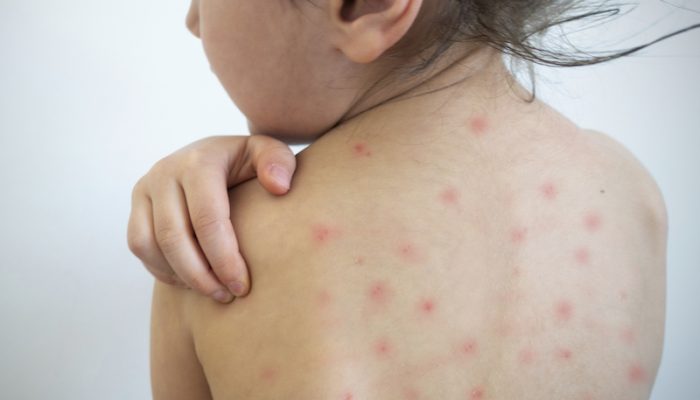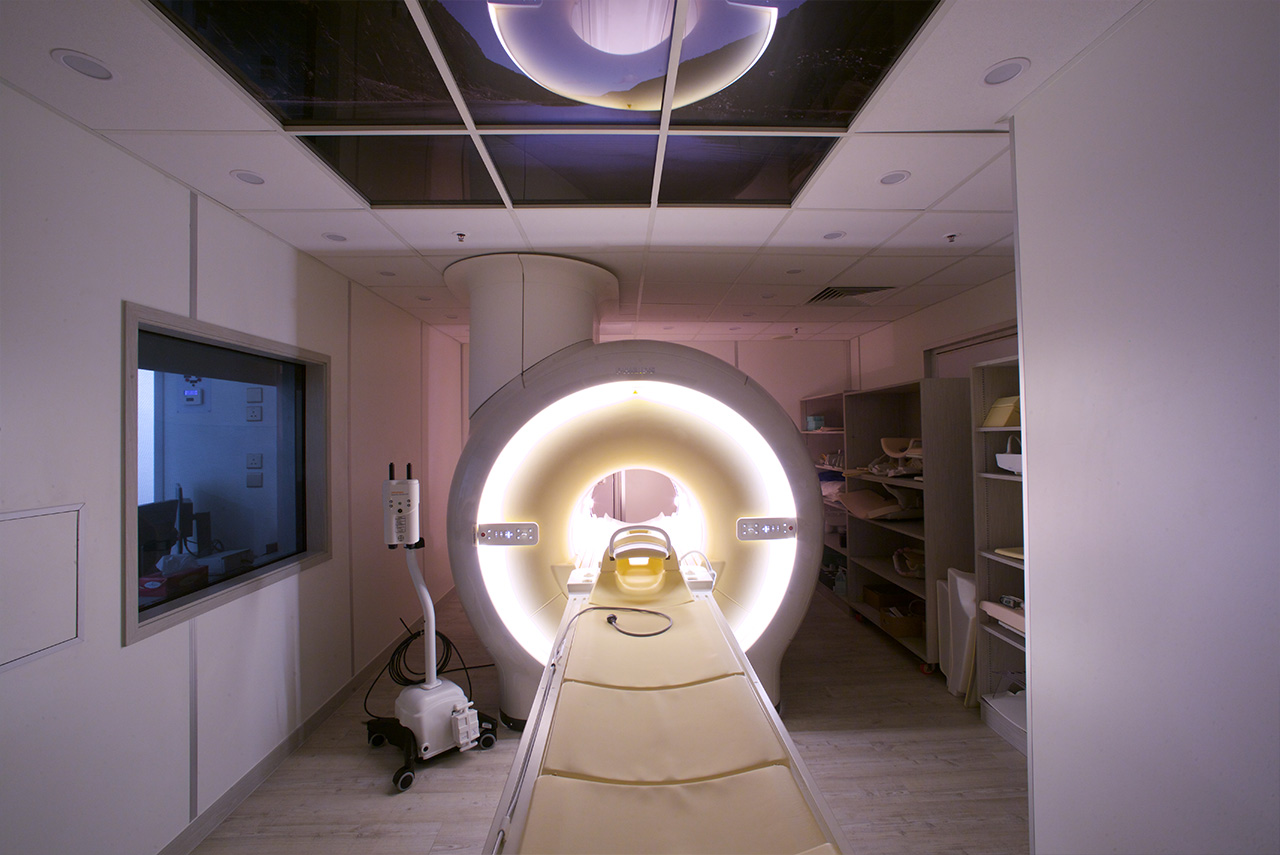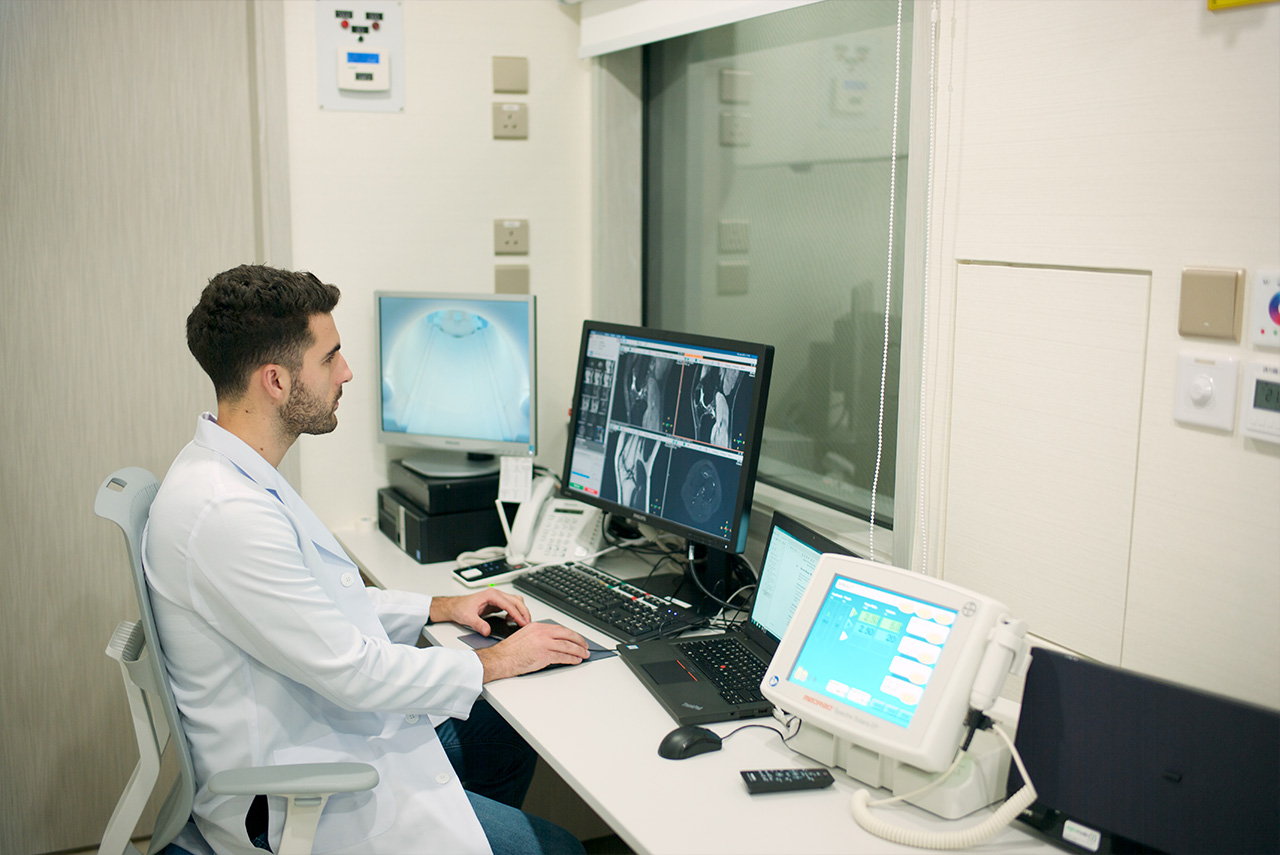Measles
Measles is a highly contagious disease caused by the measles virus. People who have not been vaccinated or who have only gotten one dose of immunization, such as new immigrants and domestic helpers, are at a higher risk of infection. The respiratory system, digestive system, and brain can all be harmed in those who get measles and become critically sick. In the worst-case scenario, it could potentially result in death. The most efficient way to avoid a measles outbreak is to vaccinate against the virus.
Measles is a filterable virus spread mostly through direct contact with a patient’s nasal secretions or airborne droplets. In most cases, the measles virus can stay in the air or on the surface of an object for up to 2 hours and remain contagious. The danger of infection is great once you’ve been exposed to the virus. While the incubation period is 7 to 21 days, patients can transmit the measles virus to others from four days before the rash appears to four days after the rash has faded.

Symptoms of Measles
Fever, cough, runny nose, red eyes, and white patches in the mouth are the first signs of measles. Later, a rash appears on the face and neck, which spreads to the rest of the body over 4 to 7 days. The rash can extend up to three weeks in some cases.
The most frightening aspect of measles is that it can lead to complications. Diarrhea, otitis media, and other symptoms may develop in patients. In more severe cases, individuals may experience blindness, encephalitis, pneumonia, and other complications. Patients under the age of 5 and those beyond the age of 30 are more likely to experience serious problems. Death is possible in the most serious cases. In fact, there is no specific treatment for measles at this time, and doctors would typically assist patients manage their symptoms by providing medication and advising them to rest more.
Risks of Getting Measles
People who have not been vaccinated or have only got one dose of vaccine are at a higher risk of infection, such as new immigrants and domestic helpers. Since patients who have only received one shot may only have a limited level of immunity, they should consider getting another vaccine shot if necessary. Remember that it takes the body 2 weeks to create enough antibodies to protect us from measles! At the same time , individuals who were born before 1967 or who have received two measles vaccines are deemed to have immunity against the disease.
High Risk Groups:
- Born between 1967 – 1977
- Domestic Helpers and New Immigrants
- Children under 1 year old
Medium Risk Group:
- Born between 1978 – 1984
Low Risk Groups:
- Born after 1985
- Born before 1967
Preventing Measles
Vaccination is the most effective strategy to avoid measles at the present. Measles immunization is currently offered in Hong Kong in the form of combination vaccines, which include vaccines for measles, mumps, and rubella. It usually takes two weeks for the body to develop enough antibodies to provide good protection after the initial injection. The vaccine’s preventive power is usually 97 percent after two doses. After being vaccinated against measles, healthy persons usually have long-term or even life-long protection. Since those who have only had one dose of vaccine will only have limited immunity, they should consider getting another dosage if necessary. They might also consider getting tested for measles antibodies.
Meanwhile, we must maintain personal and environmental hygiene and keep our hands clean at all times. Last but not least, washing our hands in the proper order for at least 20 seconds or cleaning our hands with 70-80% alcohol hand rubs is an efficient strategy to prevent measles.




